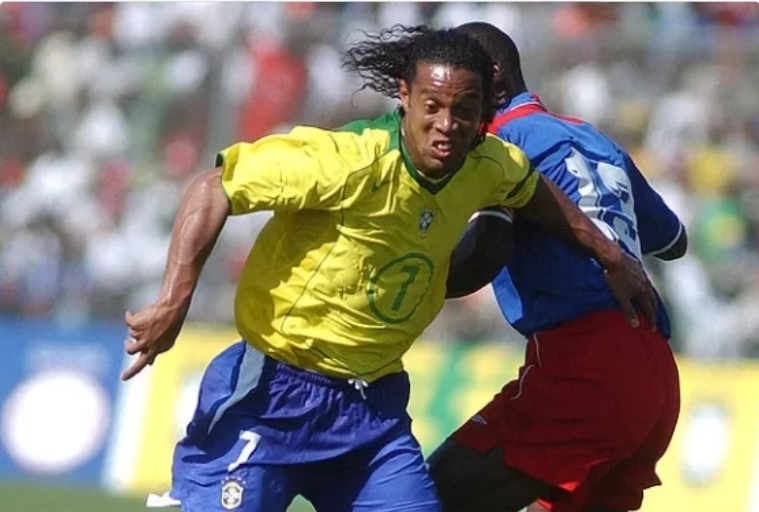Haiti is once again plunged into a spiral of violence, with gangs that control much of the territory, an international community that has already failed in previous interventions and a political crisis that worsened last Monday with the resignation of Prime Minister Ariel Henry.
This new stage of upheaval has deepened since the assassination of President Jovenel Moïse in 2021 and has increased in severity. In this context, at the beginning of this month criminal gangs launched a series of attacks against strategic locations in the capital Port-au-Prince, such as the presidential headquarters, the airport and prisons.
READ MORE
+ + Brazilian President Lula wants Robinho in prison in Brazil
+ + Martinelli and Ederson withdrawn from Brazil squad
The crisis has been going on for a long time, with political instability since the fall of Jean-Claude Duvalier’s dictatorship in 1986. In this context, in 2004 there was a military intervention against the president Jean-Bertrand Aristide, described as a coup d’état by part of the sectors that supported it or that demanded, at least, an institutional solution.
Violence took over the streets and the UN Security Council approved the establishment of a permanent mission. At this time, an international force and a series of diplomatic initiatives were deployed to try to end the violent clashes in the street, including one that included football.
With the impetus of President Luiz Inácio Lula da Silva, who had been in power for just over a year in his first term, the Brazilian team went to Port-au-Prince to play a match and promote peace. The Seleção had just won the 2020 World Cup in Korea and Japan, and that same year they won the Prince of Asturias award for their sporting successes and the passion they generate.
At first it was planned to exchange weapons for tickets, but given the possibility that this would create a race to obtain any type of weapon, the idea was modified and the tickets were distributed free of charge to families and students.
On August 18, 2004 and in the midst of a strong security operation with tanks, helicopters and soldiers, the match was played at the Sylvio Cator stadium before about 13,000 spectators. It was a 6-0 victory for Brazil, led by Carlos Alberto Parreira, who brought many of its figures: Ronaldinho (who scored a hat-trick), Ronaldo Nazário, Roberto Carlos and Adriano, among others.
#Nestedia em 2004, olhe só o que o @10Ronaldinho aprontou com a amarelinha, em amistoso no Haiti #CBF pic.twitter.com/MJoBEf9ix2
— CBF Futebol (@CBF_Futebol) August 18, 2015
The result mattered little. What was relevant was the fact of bringing joy and tranquility, even for a moment, to Haiti. The Brazilian government was in charge of placing 10 screens so that Haitians could watch the match live, in addition to distributing hats, photos and t-shirts alluding to the five-time champion.
“I am very proud to be one of the few who have the opportunity to contribute to ending years of struggle in this country,” Ronaldo said at the time, describing the atmosphere for football in Port-au-Prince as “euphoric.”



